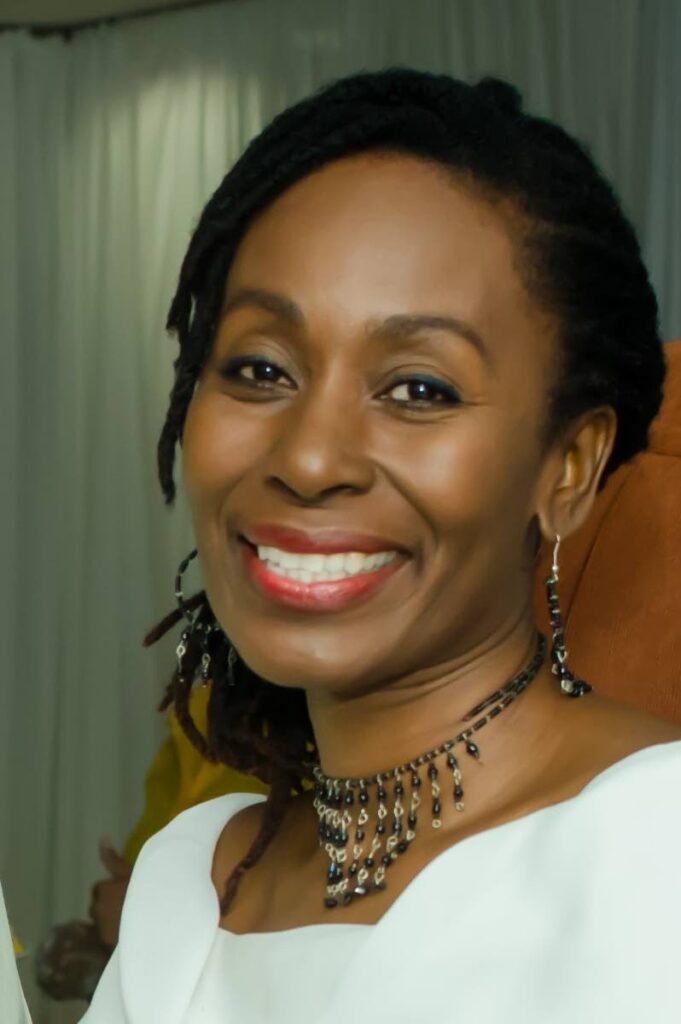Travel abroad to elevate, not embarrass, Trinidad and Tobago

Dara E Healy
London is the place for me
London this lovely city
You can go to France or America
India, Asia or Australia
But you must come back to London city
– Lord Kitchener, 1948, on the HMT Empire Windrush, UK
THE FIRST time may be excused as an error in judgement, but the second is definitely the beginnings of a habit. Like the rest of the nation, I looked on perplexed as the bewildering details of a trip to the UK were revealed, involving 100 children, in addition to parents and coaches.
I saw the social media posts with the projected budget – in the millions. Understandably, some fellow artists were sarcastic.
“Boy, we doh dream big enough or wha?”
You see, we know only too well that while going abroad as a group is enjoyable, it is never easy, and it is always expensive.
TT artists have been travelling to other countries for work since the early part of the 20th century, even before Lord Kitchener’s captivating performance aboard the Windrush. Sybil Atteck, sculptor, painter and a founding member of the Trinidad Art Society (as it was then called), exhibited at home and abroad. Beryl Mc Burnie danced professionally in the US as La Belle Rosette.
Winifred Atwell, a piano virtuoso, played her first public concerts at five years old. As an adult she moved to the UK and sold millions of records.
Boscoe Holder danced and exhibited his art in the Caribbean and the US, eventually settling for years in the UK, where he continued to spread TT culture.
TASPO, the Trinidad All Steel Percussion Orchestra, was the first steelband ensemble to perform in the UK, in 1951.
Today, we take for granted that after Carnival calypsonians, soca artists and other performers supplement their income outside TT. As the world of entertainment opens up with opportunities to perform on Broadway, cruise ships and travelling circuses, for artists the notion of work is being redefined.
At the same time the process of travelling for work as an artist has become even more complicated.
In the 1920s the idea of passports emerged as the world attempted to rebuild peace and order after WWI. However, unlike the ancient concept of documents to allow safe passage to a traveller, in many ways the modern passport mirrored global geopolitical imbalances. Developed initially by Western countries, the intention of a passport was not to make it easier to travel, but to control the flow of people across borders.
Thus, as one commentator observed, “Depending on our country of origin, a passport may grant us extreme privilege or extreme distress.”
In today’s climate, imagine the experience of someone travelling with a Haitian passport versus a British one.
Artists travelling to another country often require special visas in order to earn income legally. These often need to be applied for by the person or group inviting the performing artist.
Special visas, particularly for a group, can take longer than usual to be processed, and may cost more. For many countries the cost of the visa is non-refundable, so if you applied and your circumstances change, then you will need to start the process all over again, including payment. Processing fees are regularly adjusted upwards, a further deterrent to applying.
When travelling with a group it is imperative to have a co-ordinator or small co-ordinating team handling logistics such as accommodation, ground transport or the itinerary for the visit.
Equally crucial is having a liaison in the destination country who will support these arrangements. Will rooms need to be shared? What aspects of the budget will be sponsored; personal contributions or generated through fundraising?
As exciting as working and performing abroad might sound, it is important to remember that, well, it is work.
Historically, income for creatives is irregular or seasonal. Additionally, performing artists are made to wait for unreasonably long periods for remuneration, often after reducing the fee that represents market value for their work.
Working abroad helps to cover the many costs associated with being a performing artist, while allowing for a decent quality of life.
Our teachers at Bishops (Bishop Anstey High School) used to emphasise, when in public, as long as we were wearing the uniform, we were representing the school. Similarly, once we leave these shores, that blue passport becomes part of our national uniform. Let us wear it with pride and take shame out we eye.
Dara E Healy is a performance artist and founder of the Indigenous Creative Arts Network – ICAN


Comments
"Travel abroad to elevate, not embarrass, Trinidad and Tobago"